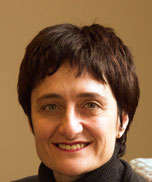Memorials
Where
When
Thursday, 27 Sep 2018, 06:15pm - 07:15pm
Event Status
Past event
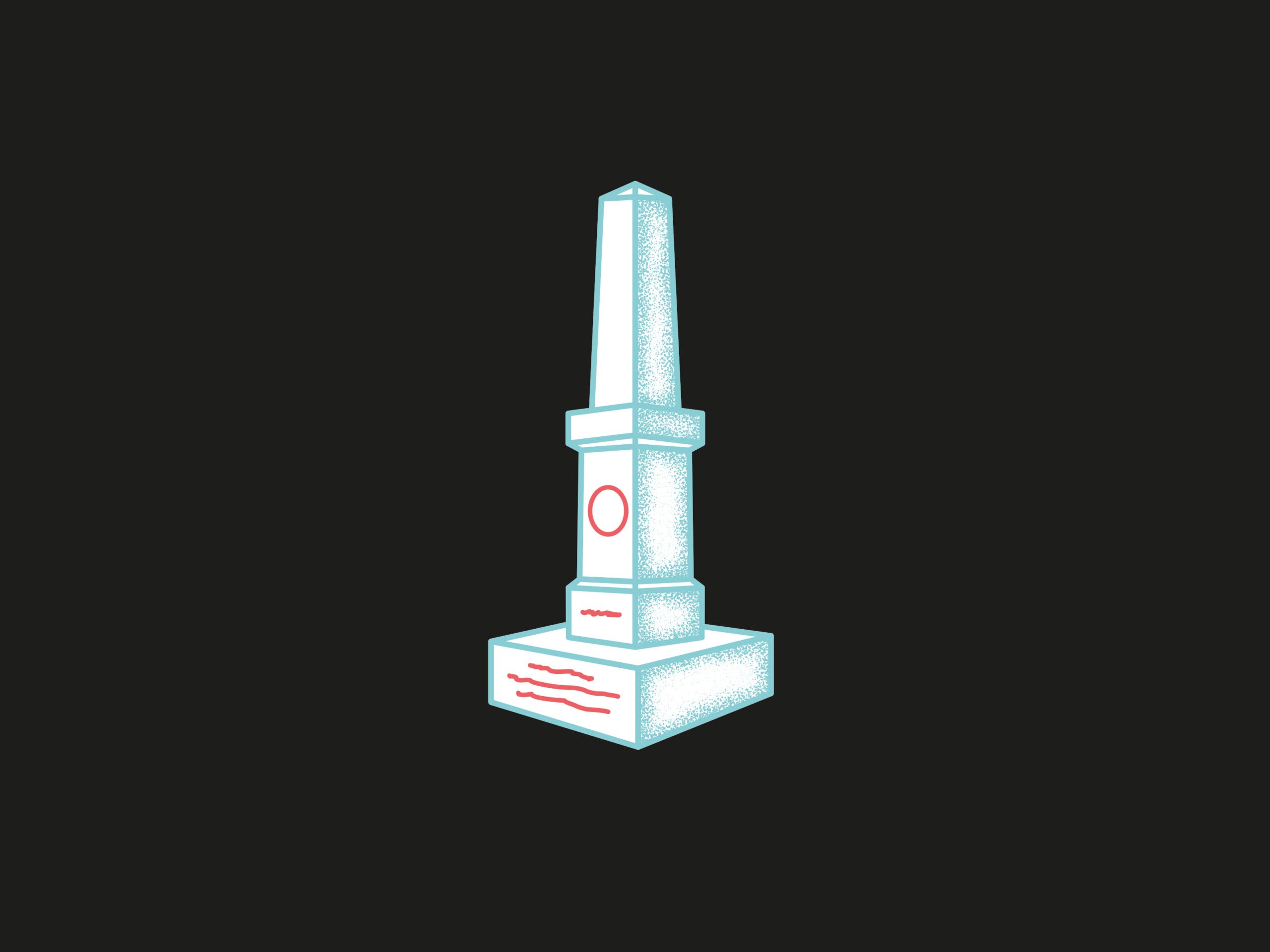
We’ve always built memorials to our dead. But how do our memorials and commemorations differ across cultures and how are they changing in the 21st Century? Why do we have different types of memorials for different kinds of death?
In the third part of our Dead Calm series, Hilary Harper will explore the role, relevance and relief offered by memorials after death and disaster. What do official and unofficial commemorations mean and how do they affect the ways we mourn? From public shrines for war veterans to community commemorations for natural disasters to highly personal embodiments of grief – online, on social media, or at roadsides – these markers continue to play a role in how we process grief.
Featuring
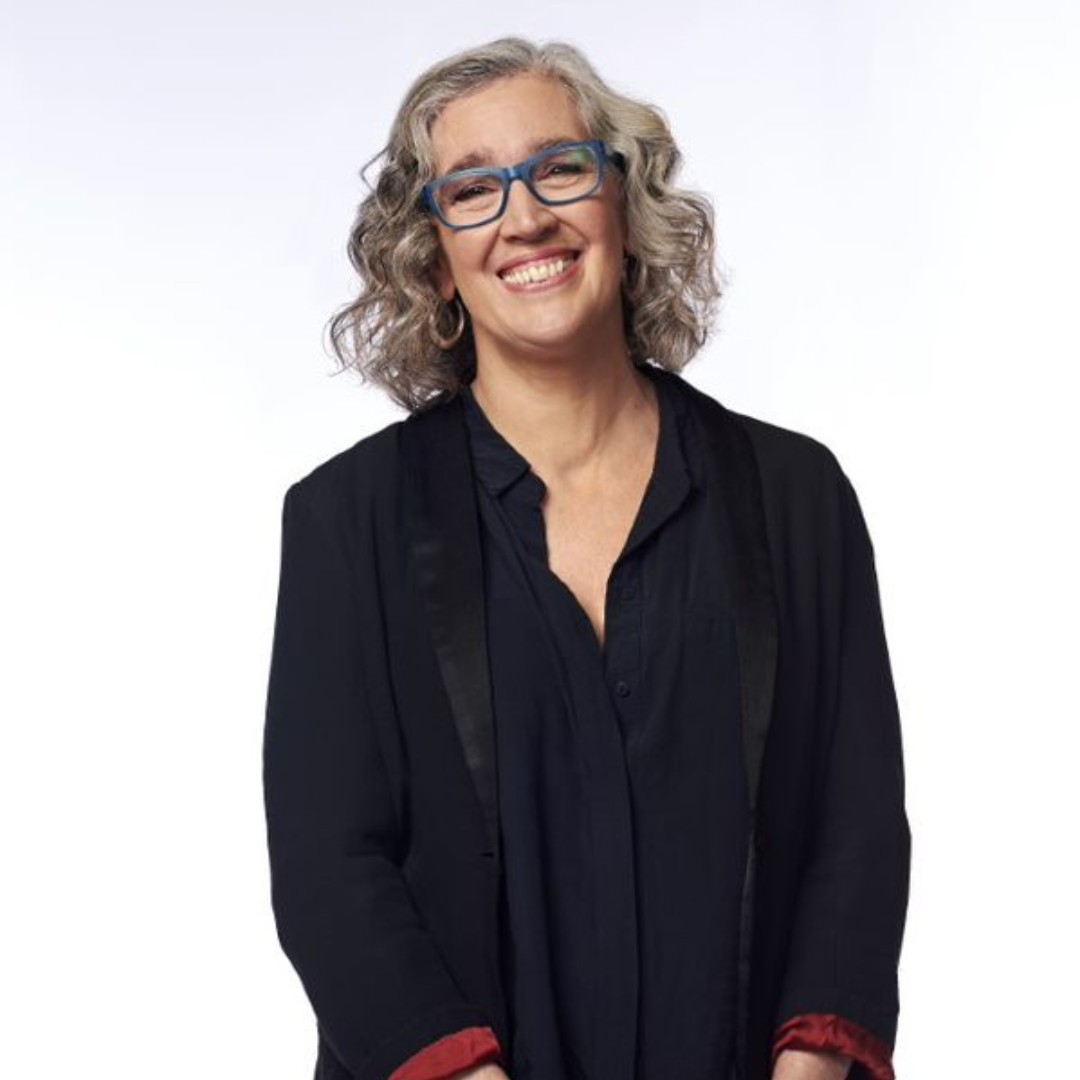
Hilary Harper has a degree in English Literature and Cultural Studies, a Graduate Diploma in Professional Writing and Editing, and 30 years’ experience in radio. She’s been at the ABC since 2005. She’s covered everything from news and current affairs to traffic reporting, arts, health, gardeni... Read more
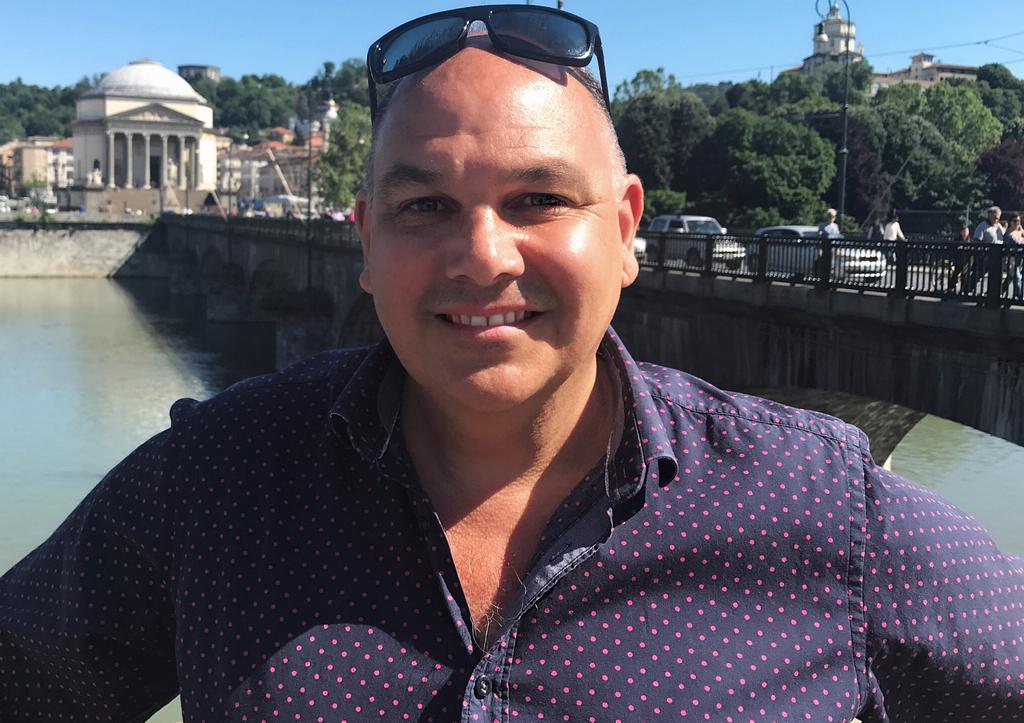
Dr Lyndon Ormond-Parker is an ARC Research Fellow in the Indigenous Studies Unit, Centre for Health Equity, Melbourne School Population and Global Health, the University of Melbourne. Lyndon was born in Darwin and of Alyawarr decent from the Barkly tablelands region of the Northern Territory. He is ... Read more
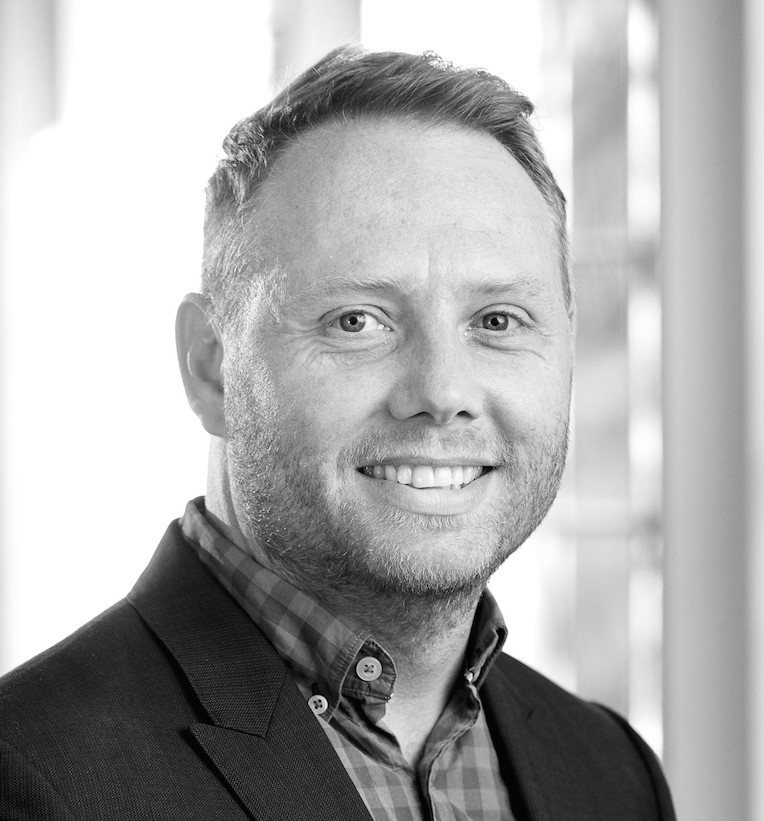
Bjorn Nansen is a Senior Lecturer in Media and Communications at the University of Melbourne. He is an Australian Research Council researcher fellow, a Digital Media Fellow in the Melbourne Networked Society Institute and an executive member of the Research Unit in Public Cultures. His research fo... Read more
Watch, Listen, Read
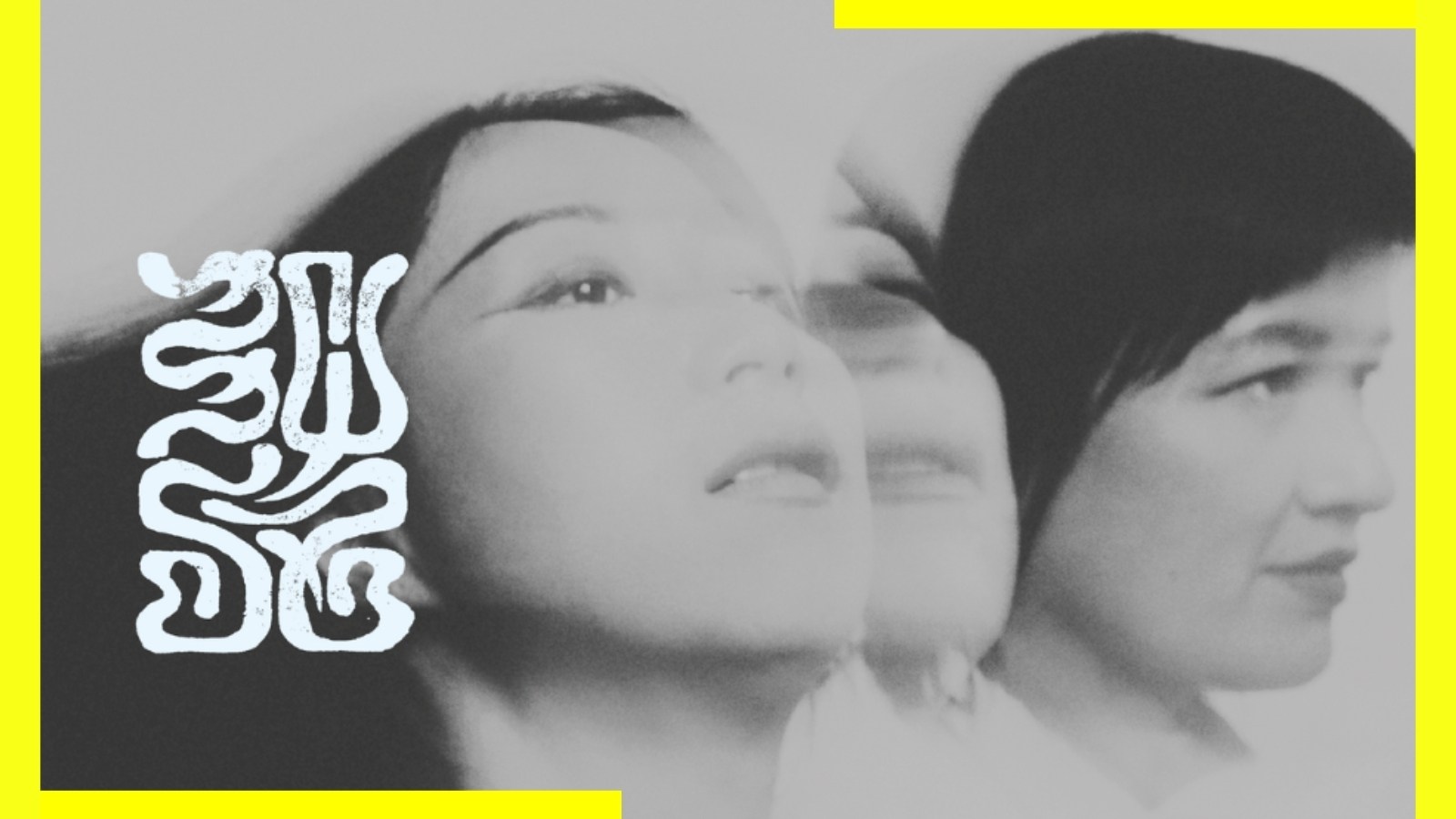
Listen
Origin of You: Mindy Meng Wang 王萌 and Sui Zhen
20 Apr 2024
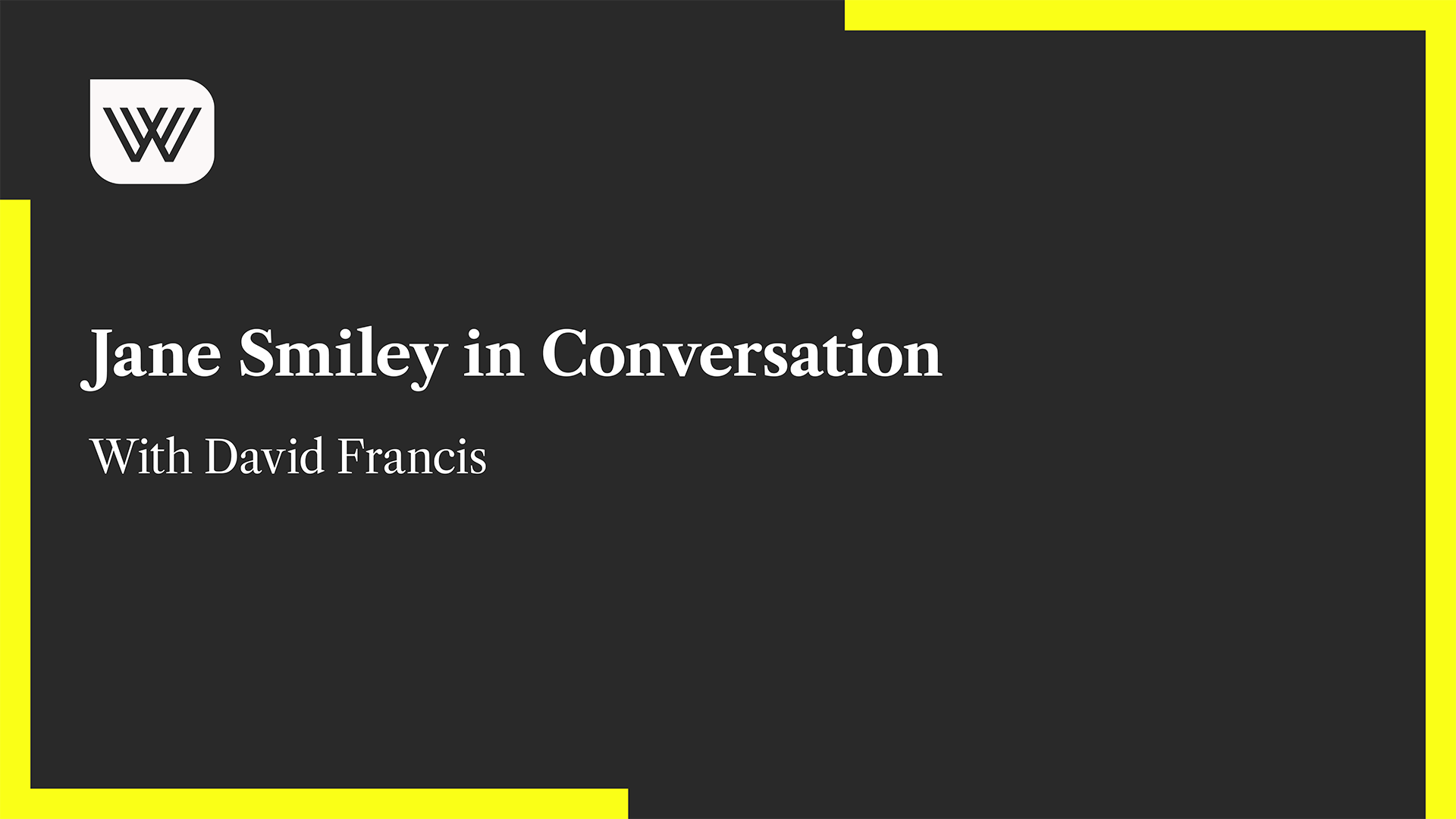
Watch
Jane Smiley in Conversation
18 Apr 2024
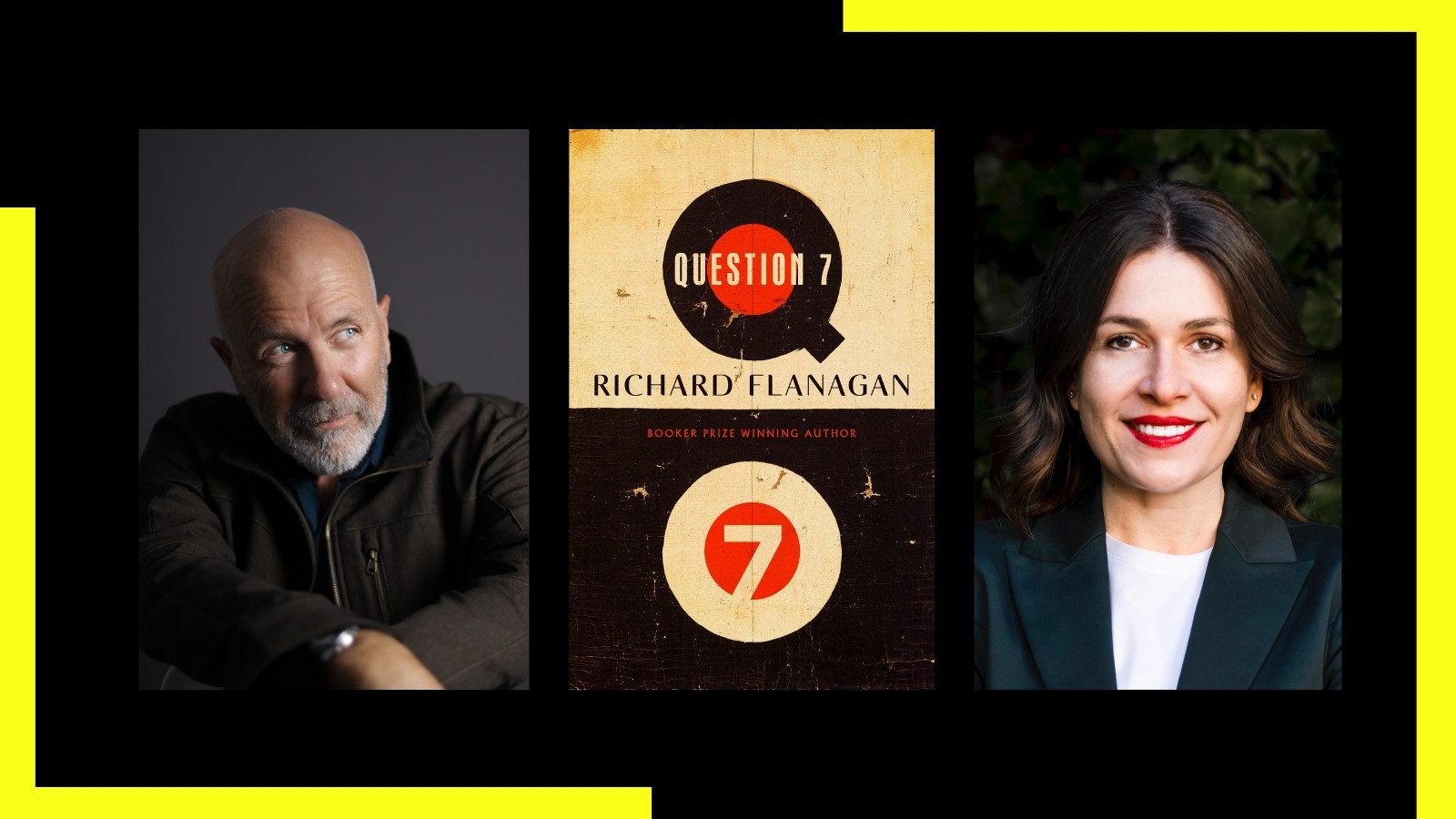
Listen
Richard Flanagan: Question 7
15 Apr 2024

Watch
In Conversation with Fern Brady: Strong Female Character
12 Apr 2024
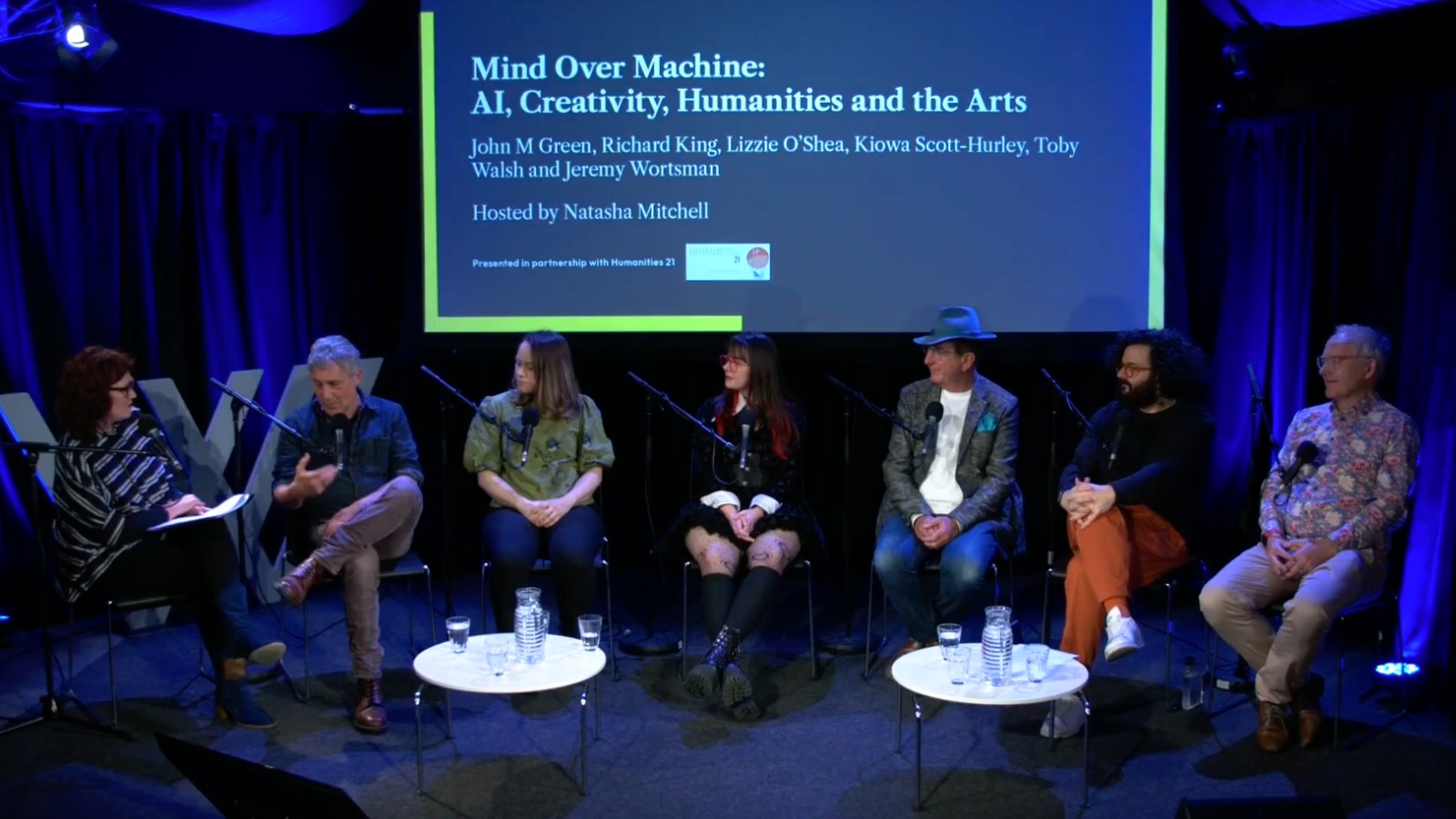
Watch
Mind Over Machine: AI, Creativity, Humanities, and the Arts
10 Apr 2024
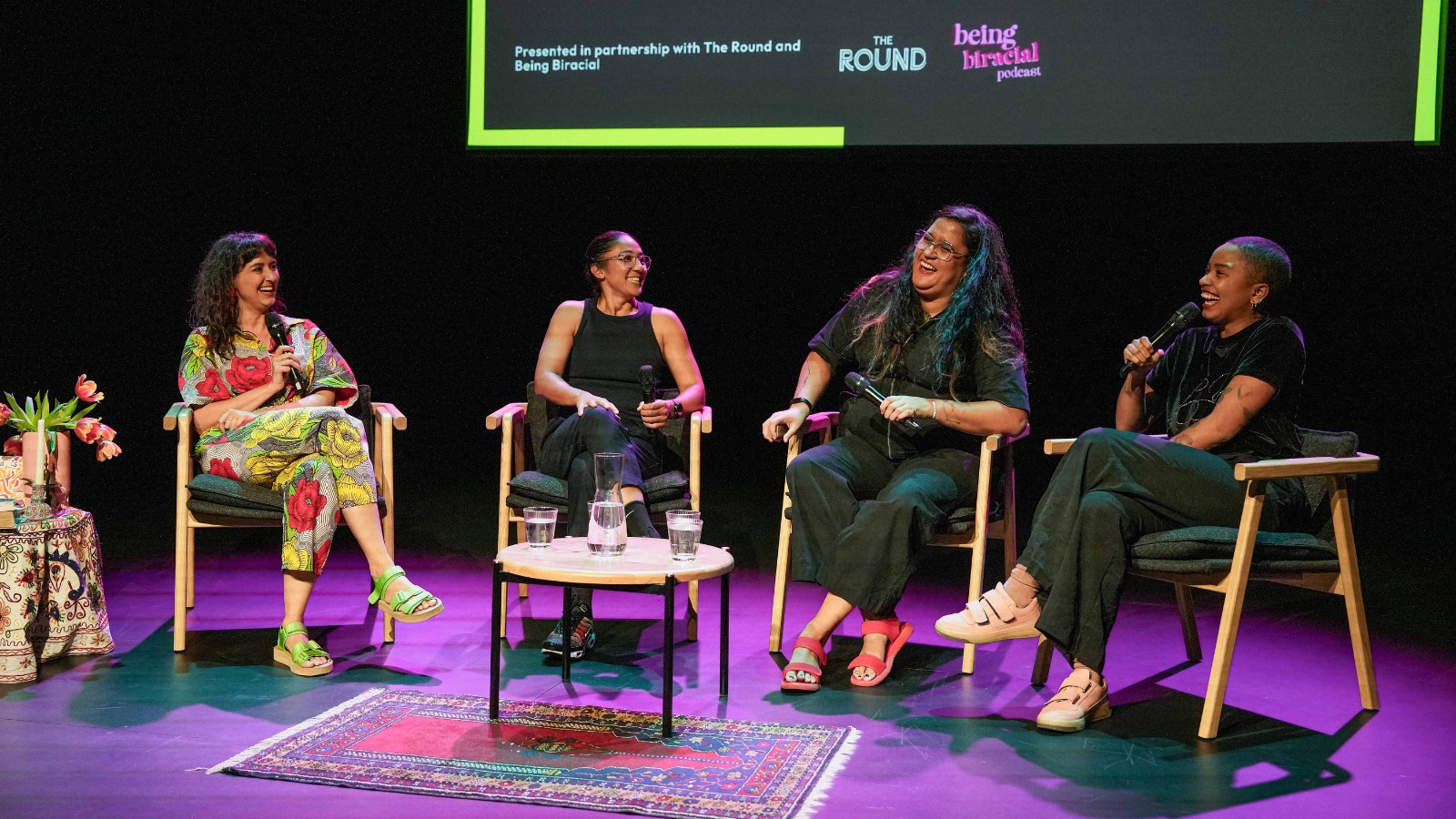
Listen
Being Biracial Live at The Round with Aurelia St Clair and Darcy Vescio
6 Apr 2024
